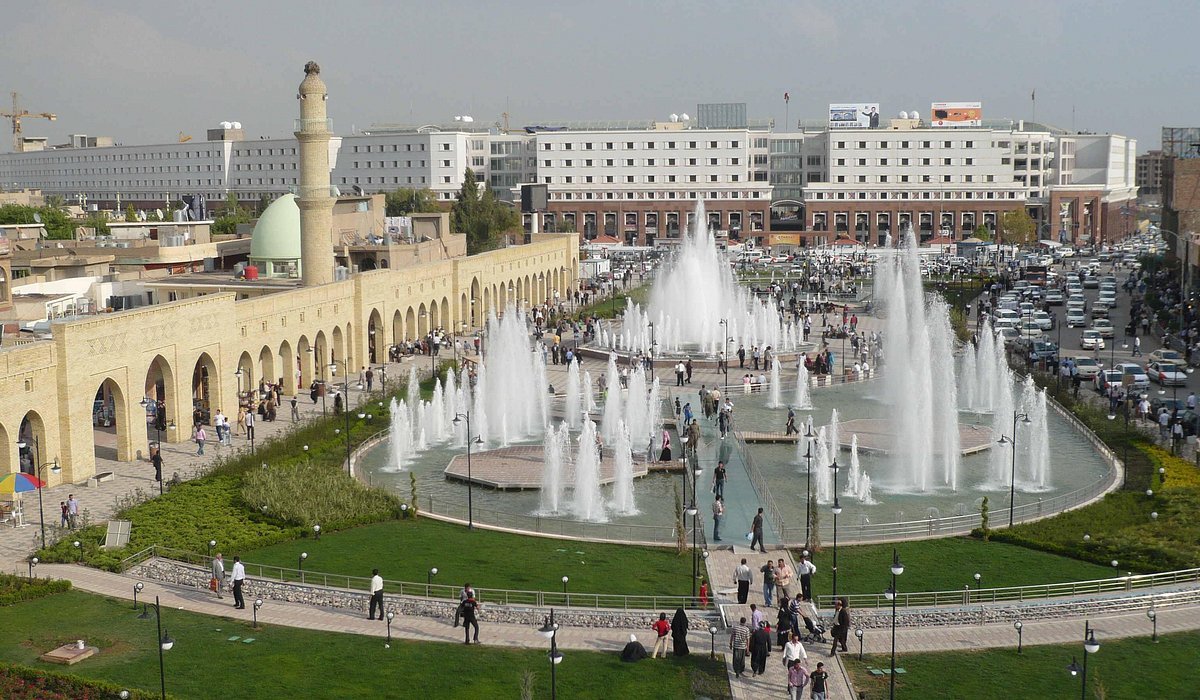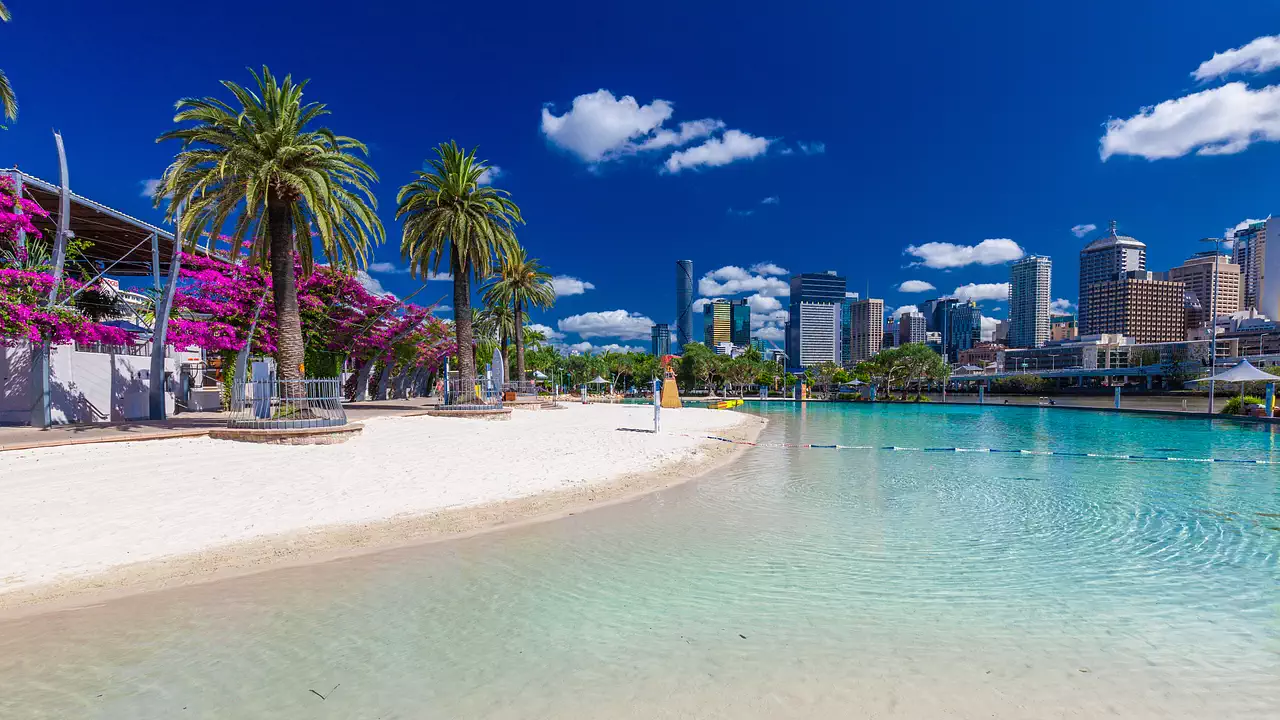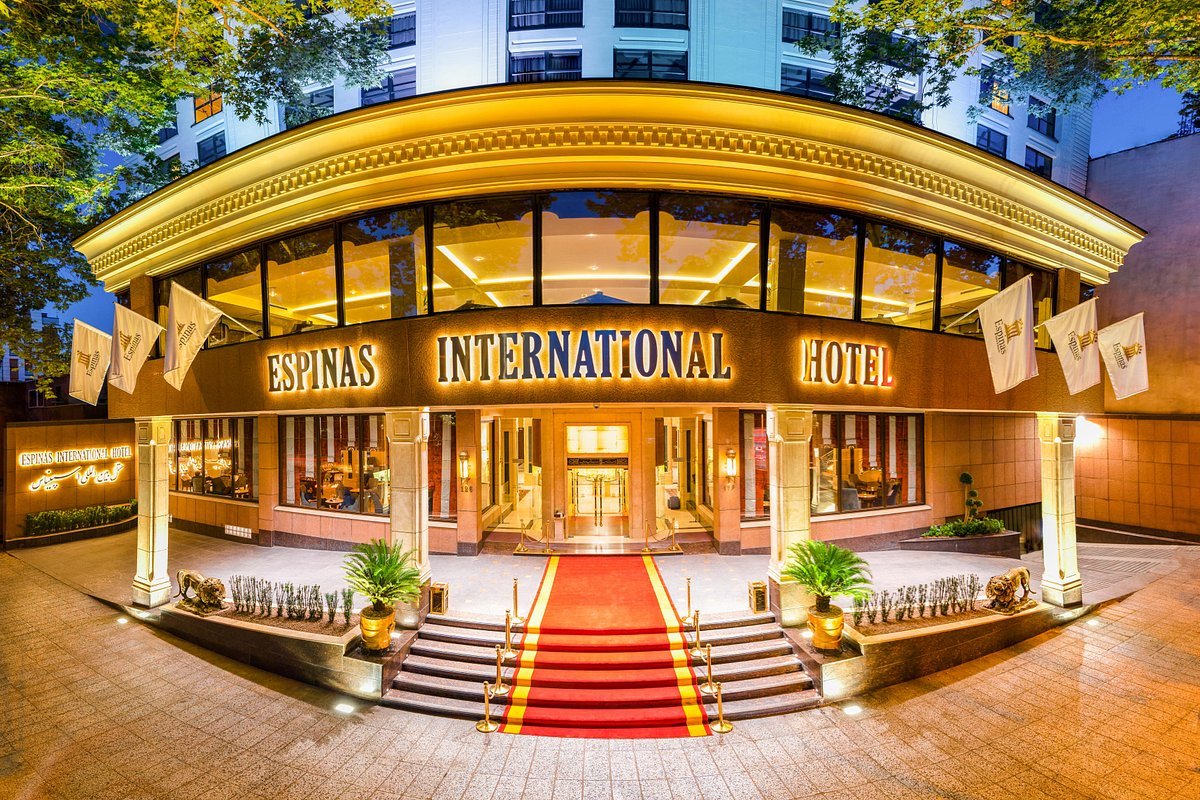Erbil, or Hawler as it’s known in Kurdish, is the vibrant capital of Iraqi Kurdistan and one of the oldest continuously inhabited cities in the world, with roots stretching back over 7,000 years. Nestled in the heart of the Kurdistan Region, Erbil seamlessly blends ancient history with modern dynamism. Its UNESCO-listed Citadel, bustling bazaars, serene parks, and welcoming locals make it a must-visit destination for travelers seeking an authentic Middle Eastern experience. In this comprehensive guide, we explore the top things to do in Erbil for 2025, from historic landmarks to cultural experiences, dining, and day trips, along with practical tips to ensure an unforgettable journey.
Why Visit Erbil?
Erbil is a city of contrasts, where the ancient Erbil Citadel overlooks a modern metropolis with high-rise buildings, shopping malls, and a thriving expat community. As a regional business hub, it offers a safe and stable environment, distinct from other parts of Iraq, with a reputation for hospitality that rivals any global destination. The Kurdish people are known for their warmth, often engaging visitors in friendly conversations or offering tea without expecting anything in return. Erbil’s compact historic center, vibrant markets, and proximity to natural wonders like Rawanduz Canyon make it an ideal base for cultural immersion and adventure. Whether you’re a solo traveler, a family, or a history enthusiast, Erbil promises a unique blend of tradition and modernity.
1. Explore the Erbil Citadel: A UNESCO World Heritage Site
Why Visit? The Erbil Citadel, or Qalat, is the city’s heart and one of the oldest continuously inhabited settlements in the world, dating back to at least 6,000 BC.
Highlights: Kurdish Textile Museum, Citadel ruins, panoramic city views
Cost: Free entry; Kurdish Textile Museum: 1,500 IQD ($1)
Hours: Daily, 9:00 AM–6:00 PM (check for renovation updates)
Perched atop a man-made mound formed by centuries of rebuilding, the Erbil Citadel is a UNESCO World Heritage Site and the city’s most iconic landmark. This fortified settlement has witnessed the rise and fall of empires, from the Assyrians to the Ottomans. While parts of the Citadel are under renovation in 2025, visitors can still explore its outer walls, narrow lanes, and select museums. The Kurdish Textile Museum, housed within the Citadel, showcases intricate rugs, traditional Kurdish clothing, and tribal designs, offering a glimpse into the region’s craftsmanship. The museum’s small café is perfect for a chai break.
Wander the Citadel’s perimeter for stunning views of Erbil’s skyline, especially at sunset when the city glows. The Citadel’s Grand Gate and surrounding archaeological ruins tell stories of its multilayered history, from Neolithic settlements to medieval fortifications. Note that renovations may limit interior access, so check with local guides or the Erbil Tourism Office for updates. Travelers on Tripadvisor describe the Citadel as “a step back in time,” praising its historical significance and photo-worthy vistas.
Pro Tip: Wear comfortable shoes for the Citadel’s uneven paths, and visit in the early morning or late afternoon to avoid midday heat.
2. Stroll Through Qaysari Bazaar: A Vibrant Market Experience
Why Visit? Qaysari Bazaar, dating back to the 13th century, is a lively covered market where you can shop, eat, and soak up local culture.
Highlights: Kurdish sweets, chai Kurdi, handmade rugs, fresh juices
Cost: Free entry; budget AED 10–30 for snacks or souvenirs
Hours: Daily, 9:00 AM–10:00 PM
Located just below the Citadel at Erbil’s Main Square, Qaysari Bazaar is a sensory delight. This historic market, one of the oldest in the Middle East, buzzes with vendors selling everything from spices and textiles to electronics and jewelry. Wander its narrow alleys to discover Kurdish sweets like muhallebi and kunefe, or sip chai Kurdi (Kurdish tea) at a traditional tea stall. The bazaar is also a hub for fresh pomegranate juice and sharab tamr hendi (tamarind juice), perfect for refreshing on a warm day. Bargaining is expected, so practice your haggling skills for handmade rugs or silver jewelry.
The bazaar’s vibrant atmosphere is amplified by friendly locals, many of whom are eager to chat or pose for photos. As noted by Adventures of Lil Nicki, the bazaar offers “countless photo ops” and a chance to engage with Kurdish culture. For a heartier meal, try shawarma or kebab at nearby stalls. The market’s proximity to Erbil’s Main Square makes it a great spot to people-watch, with locals playing backgammon or smoking shisha at nearby cafés.
Pro Tip: Bring cash in Iraqi Dinars (IQD) for small purchases, as most vendors don’t accept cards. Avoid peak hours (noon–2 PM) for a less crowded experience.
3. Visit Jalil Khayat Mosque: A Modern Architectural Gem
Why Visit? This stunning mosque blends Abbasid and Ottoman styles, offering a glimpse into Erbil’s contemporary religious heritage.
Highlights: Ornate interiors, Zakhrafa paintings, Quranic calligraphy
Cost: Free entry (donations appreciated)
Hours: Open daily, except during prayer times; check locally for access
The Jalil Khayat Mosque, completed in 2007, is Erbil’s largest mosque and a testament to modern Kurdish architecture. Built by the Khayat family in memory of Jalil Khayat, the mosque features intricate Zakhrafa (Islamic geometric paintings), colorful mosaics, and massive chandeliers. Its golden domes and minarets are visible from across the city, making it a striking landmark. Visitors are welcome outside prayer times, provided they dress modestly (long sleeves, pants, and headscarves for women) and remove shoes.
The mosque’s serene courtyard and detailed interiors are a photographer’s dream, as noted by Wandersmiles, which calls its architecture “incredible.” While the mosque is relatively new, its design pays homage to historical Islamic styles, making it a cultural bridge between past and present. If closed, ask a local staff member for access—Kurdish hospitality often ensures a warm welcome.
Pro Tip: Visit in the late afternoon for cooler temperatures and softer lighting, ideal for photos. Respect prayer schedules to avoid interruptions.
4. Relax at Sami Abdulrahman Park: Erbil’s Green Oasis
Why Visit? This sprawling park offers tranquility, walking paths, and family-friendly activities away from the city’s bustle.
Highlights: Lakes, fountains, rose gardens, picnic areas
Cost: Free entry
Hours: Daily, 8:00 AM–10:00 PM
Sami Abdulrahman Park, once an army base, is now Erbil’s largest green space and a favorite among locals and tourists. Located a short drive from the city center, the park features manicured lawns, shimmering lakes, and colorful flowerbeds, making it ideal for a leisurely stroll or picnic. Families will appreciate the playgrounds and open spaces, while couples can enjoy quiet walks along fountain-lined paths. The park’s serene ambiance, as described by Travelsetu, makes it an “urban oasis” perfect for unwinding.
In 2025, the nearby Rashkin Park development, featuring a 5,000-seat Roman-style theater and Iraq’s largest fountain, is set to open, adding to the area’s appeal. For now, Sami Abdulrahman Park remains a top spot for sunset views and people-watching, with vendors selling snacks like roasted corn or bagilla (fava beans).
Pro Tip: Bring a picnic blanket and snacks for a budget-friendly outing. Visit in spring (March–April) for blooming flowers and mild weather.
5. Discover Ankawa: Erbil’s Christian Quarter
Why Visit? Ankawa, a vibrant Christian suburb, offers churches, nightlife, and a unique cultural contrast to central Erbil.
Highlights: St. Joseph’s Cathedral, Deutscher Hoff bar, Suryiani wine
Cost: Free to explore; drinks at bars AED 10–30
Hours: Churches open daytime; bars open until late
Ankawa, just north of central Erbil, is a predominantly Assyrian Christian district with a distinct atmosphere. Known as Beth Amka historically, Ankawa is home to churches like St. Joseph’s Cathedral, adorned with colorful frescoes and open to respectful visitors (check with guards for access). The area’s relaxed vibe and expat-friendly nightlife make it a hotspot, with bars like Deutscher Hoff serving beer and local Suryiani wine. Unlike central Erbil, Ankawa has shops selling alcohol, adding to its cosmopolitan feel.
Travelers on TheTripGoesOn note Ankawa’s “completely different feel,” with its blend of sacred sites and lively bars. The district is also a cultural hub for the Assyrian community, with festivals and events showcasing their heritage. Taxis to Ankawa cost around 5,000 IQD ($3.50) from downtown, making it an easy add-on to your itinerary.
Pro Tip: Visit on a weekend evening for lively nightlife, and dress modestly when entering churches to show respect.
6. Shop and Dine at Family Mall and Majidi Mall
Why Visit? These modern malls offer shopping, dining, and entertainment for families and travelers seeking contemporary comforts.
Highlights: Cinema, food courts, international brands, ice-skating rink
Cost: Free entry; budget AED 20–50 for meals or activities
Hours: Daily, 10:00 AM–10:00 PM
For a dose of modern Erbil, head to Family Mall or Majidi Mall, the city’s premier shopping destinations. Family Mall, located on 100m Street, houses over 130 stores, including Carrefour, Mango, and LC Waikiki, plus a food court with KFC and local eateries serving dolma and biryani. Its cinema, indoor theme park, and ice-skating rink make it a hit with families, as noted by Trip101. Majidi Mall, equally expansive, offers similar amenities plus a gaming zone, ideal for teens and young adults.
Both malls are air-conditioned havens in summer, when temperatures can hit 45°C. They’re also great for sampling Kurdish desserts like baklava or grabbing a coffee. Locals frequent these malls, making them a lively spot to observe Erbil’s modern lifestyle.
Pro Tip: Visit in the evening for a bustling atmosphere, and check mall websites for movie schedules or special events.
7. Wander Minaret Park and Shanidar Park
Why Visit? These adjacent parks offer historical and modern attractions, from an ancient minaret to contemporary art installations.
Highlights: Mudhafaria Minaret, Shanidar Cave replica, cable car
Cost: Free entry; cable car ~2,000 IQD ($1.50)
Hours: Daily, 9:00 AM–8:00 PM
Minaret Park and Shanidar Park, located side by side near the Citadel, are perfect for history and leisure. Minaret Park is home to the Mudhafaria Minaret, a 36-meter baked-brick tower completed in 1232, adorned with Kufi calligraphy. While the tower’s stairs are inaccessible, its historical significance and surrounding sculptures make it a must-see. Shanidar Park, more modern, features a replica of the Shanidar Cave, an archaeological site with Neanderthal remains, encircled by a moat and local art exhibits. A cable car offers fun views across the park.
TheTripGoesOn highlights the parks’ “interesting sculptures” and free entry, making them budget-friendly stops. They’re ideal for families or solo travelers wanting a mix of history and relaxation.
Pro Tip: Visit at dusk for cooler weather and illuminated park features. Bring a camera for the minaret’s intricate details.
8. Savor Kurdish Cuisine at Local Eateries
Why Visit? Erbil’s food scene showcases Kurdish flavors, from hearty stews to sweet pastries, at affordable prices.
Highlights: Dolma, kofta, Kurdish biryani, baklava
Cost: AED 10–30 per person at local restaurants
Recommended Spots: Machko Chai Khana, Qaysari Bazaar stalls, Ankawa restaurants
No trip to Erbil is complete without tasting Kurdish cuisine. Head to Machko Chai Khana, a historic teahouse since 1940, for tea and kofta (meatballs) in a nostalgic setting adorned with photos of notable visitors. In Qaysari Bazaar, try dolma (stuffed grape leaves) or biryani (spiced rice with meat) at food stalls, where meals cost as little as 5,000 IQD ($3.50). For upscale dining, Ankawa’s restaurants offer Kurdish flatbreads and vegetable stews, often paired with fresh juices.
Travelsetu recommends sampling “authentic flavors” to understand Kurdish culture, with baklava and muhallebi as must-try desserts. Vegetarians will find plenty of options, like lentil soups and stuffed peppers. For a unique experience, visit Erbil’s Main Square to buy street food from vendors selling bagilla or roasted corn.
Pro Tip: Ask for “mild” flavors if you’re sensitive to spices, and try dining with locals to learn about Kurdish dining customs.
9. Take a Day Trip to Rawanduz Canyon
Why Visit? This stunning canyon, 1.5–2 hours from Erbil, offers hiking, scenic views, and a taste of Kurdistan’s natural beauty.
Highlights: Gali Ali Beg Waterfall, Bekhal Falls, mountain trails
Cost: ~$50–100 for a private driver; shared taxi ~15,000 IQD ($10)
Best Time: Spring (March–April) for lush greenery
For adventure seekers, a day trip to Rawanduz Canyon is a highlight. Known for its dramatic cliffs, waterfalls, and green valleys, Rawanduz is a stark contrast to Erbil’s urban landscape. Key stops include Gali Ali Beg Waterfall, a majestic cascade, and Bekhal Falls, popular for its scenic beauty. Hiking trails around Mount Safeen, 45 minutes from Erbil, offer accessible outdoor fun, as noted by Moving Jack.
Hire a private driver through local guides like Haval (contactable via Facebook) or join a shared taxi from Erbil’s Garaj Sulaymaniyah for a budget option. Always travel with a local guide for safety, especially near Turkey or Iran borders. Reviewers praise Rawanduz’s “lush, unexpected greenery” and recommend it for nature lovers.
Pro Tip: Pack water, snacks, and sturdy shoes for hiking. Check road conditions in winter, as mountain routes can be slippery.
10. Engage with Locals at Erbil’s Main Square
Why Visit? The Main Square is Erbil’s social hub, perfect for meeting locals and experiencing Kurdish hospitality.
Highlights: Chai stalls, street vendors, people-watching
Cost: Free; budget AED 5–15 for tea or snacks
Hours: Lively all day, especially evenings
Erbil’s Main Square, at the foot of the Citadel, is where the city comes alive. Locals gather to sip tea, play games, or barter at the sidewalk market selling prayer beads and antiques. The square’s fountains and green lawns create a relaxed vibe, ideal for unwinding. As Beyond Wild Places notes, vendors often offer free tea, and locals are eager to chat, making it a cultural immersion spot. Young kids may approach to carry your bags for a small tip, adding to the square’s charm.
Evening visits are especially vibrant, with families, students, and expats mingling. Grab a cup of chai or try shisha at a nearby café to soak in the atmosphere. The square’s proximity to Qaysari Bazaar and the Citadel makes it a convenient stop.
Pro Tip: Be open to small talk—locals love sharing stories. Keep your belongings secure in crowded areas.
Practical Travel Tips for Erbil
- Getting There: Erbil International Airport (EBL) offers flights from Europe (Pegasus Airlines), the Middle East, and Asia. Most Western nationalities (USA, Canada, EU, Australia) can get a 30-day visa on arrival for $75.
- Getting Around: Taxis are affordable (5,000 IQD/$3.50 within city limits). Shared minivans connect to nearby towns like Rawanduz or Sulaymaniyah. Walking is ideal for the historic center.
- Accommodation: Budget: Fareeq Hotel (3-star,
$40/night); Mid-range: Erbil View Hotel (4-star, ~$70/night); Luxury: Divan Erbil Hotel ($150/night). Book via Booking.com for deals. - Safety: Erbil is safe, with low crime rates and a heavy security presence. Avoid solo travel to border areas, and check travel advisories. Stay on lower hotel floors due to fire risks in dry summers.
- Best Time to Visit: Spring (March–April) for mild weather and green landscapes; avoid summer (May–September) due to heat (up to 45°C).
- Cultural Tips: Dress modestly (cover shoulders and knees), especially in mosques or Ankawa’s churches. Learn basic Kurdish phrases like “Spas” (thank you) to connect with locals.
- Budget: Expect $30–50/day for budget travelers (hostels, street food, shared taxis); $80–120/day for mid-range (hotels, restaurants, private tours).
Why Erbil Deserves Your Visit
Erbil is more than a destination—it’s a journey through time, culture, and human connection. From the ancient walls of the Citadel to the lively Qaysari Bazaar and serene Sami Abdulrahman Park, the city offers a rich tapestry of experiences. Its Kurdish hospitality, vibrant markets, and proximity to natural wonders like Rawanduz make it a standout in the Middle East. Whether you’re sipping tea with locals, exploring historic mosques, or hiking mountain trails, Erbil invites you to discover its soul.
Plan at least 2–3 days to explore the city, with extra time for day trips. Engage with the Kurdish people, savor their cuisine, and let Erbil’s 7,000-year story unfold. As posts on X highlight, the Citadel’s ongoing restoration and new developments like Rashkin Park signal Erbil’s bright future as a global destination. Pack your curiosity and embark on an adventure to one of the world’s oldest cities.



